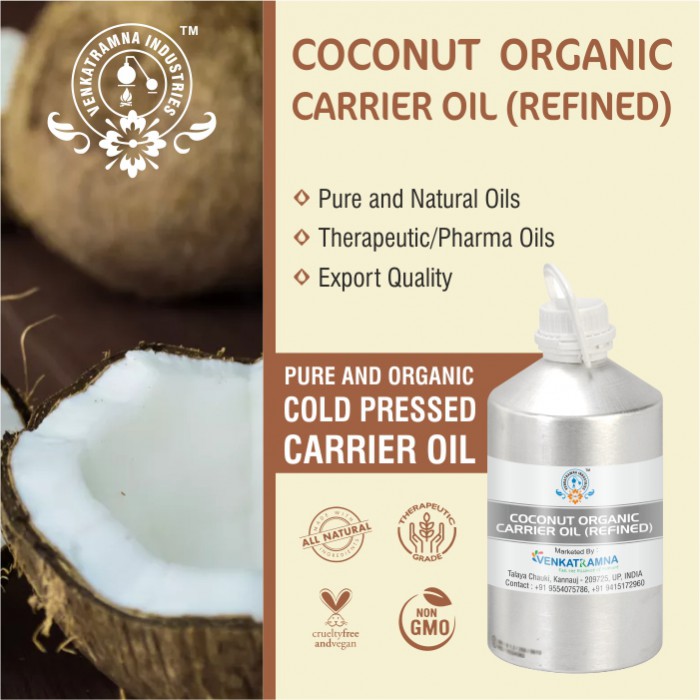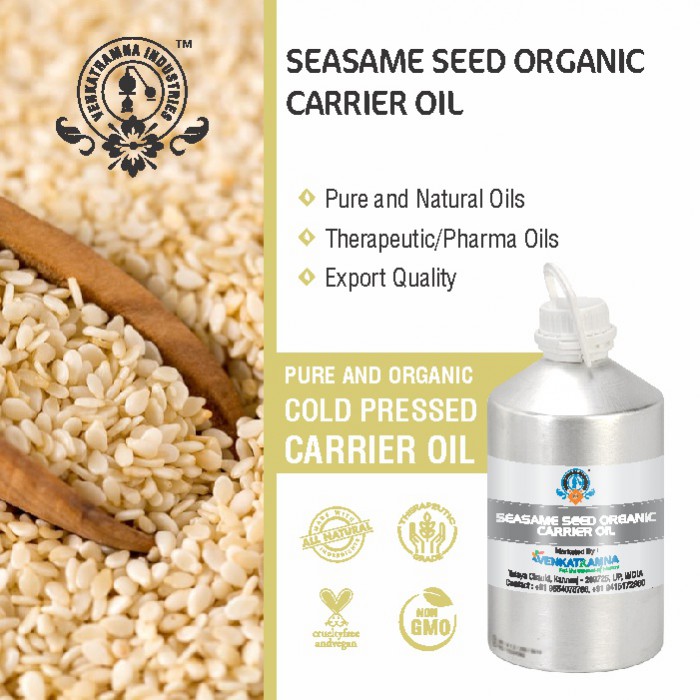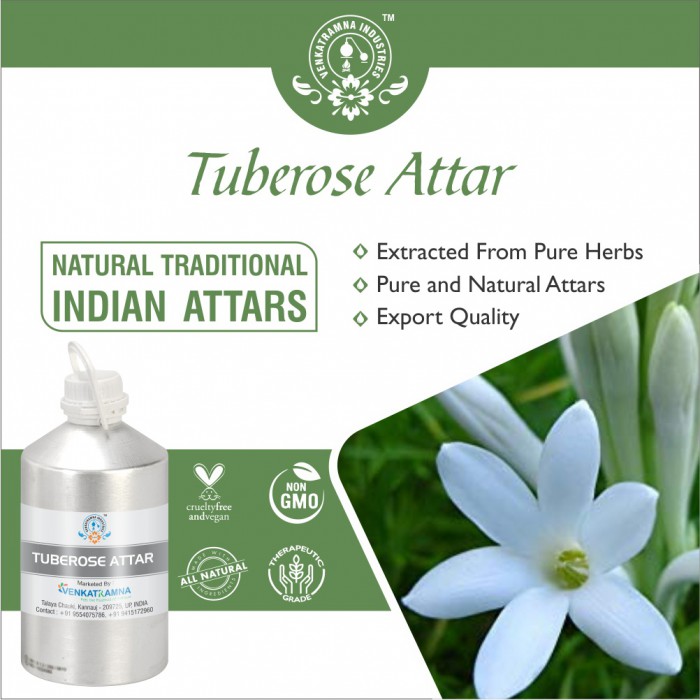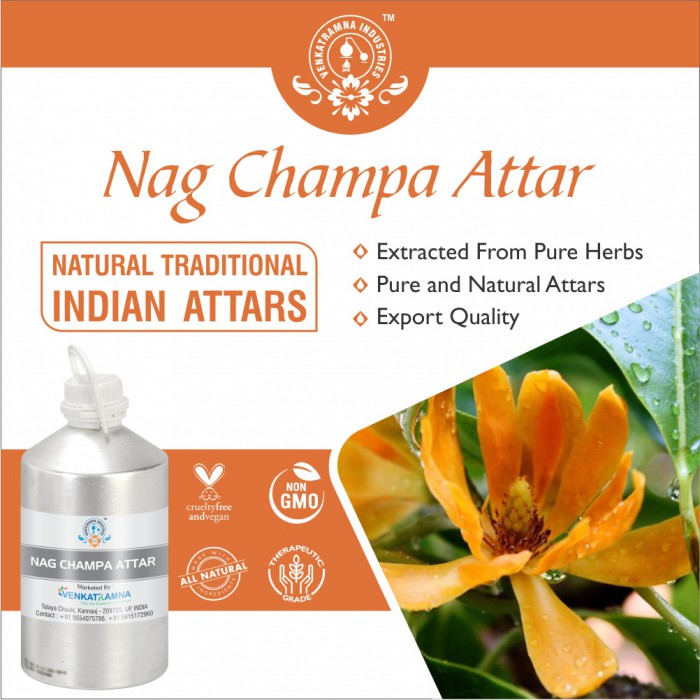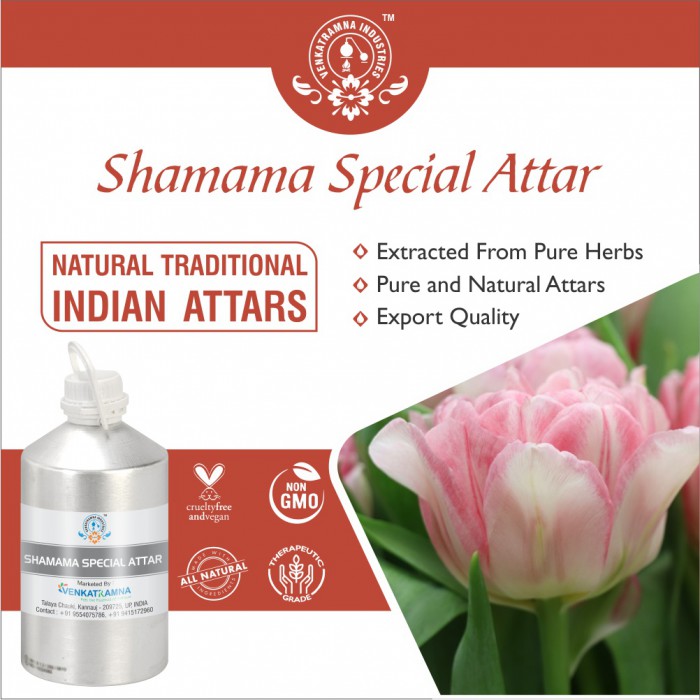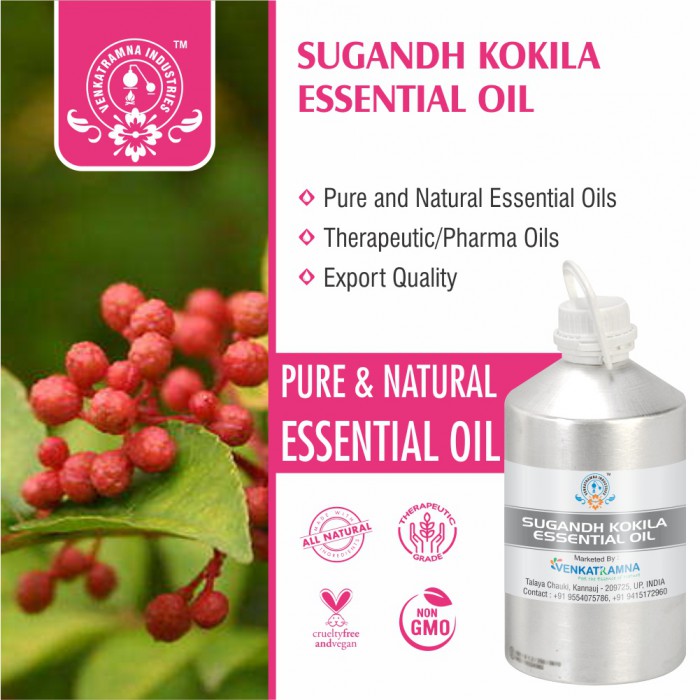Botanical Name: Pogostemon cablin (Blanco) Benth Common name: Deadnettle, paccul Read More
|
Botanical Name: |
Pogostemon
cablin (Blanco) Benth |
|
Common name: |
Deadnettle,
pacculi |
|
Plant family: |
Lamiaceae |
|
Genus: |
Pogostemon |
|
Appearance/Color: |
Appears with a golden orange to dark reddish brown liquid |
|
Odor: |
It has
a base note with a medium aroma, Patchouli has an earthy aroma with light
fruity notes. |
|
Blends With: |
Sandalwood, Bergamot, Cedarwood, Rose, Orange, Cassia, Myrrh and
Opoponax. |
|
Origin: |
Indonesia |
|
Source: |
Leaves |
|
Method of
Extraction: |
Steam
Distillation |
Patchouli (Pogostemon cablin)
also known as "the scent of the sixties," has a musky, earthy, exotic
aroma. In Eastern cultures, it is commonly used around the house to provide
general support for health and to help reduce negative emotions. It makes skin
clear and helps to reduce wrinkled or chapped appearance. Patchouli is a
general tonic which soothes occasional queasiness.
Patchouli oil came to fame in the 1980s as it
had capability to mask the odor of remaining herbs. Today, it is greatly
utilized in aromatherapy, owing to its sweet-smelling, deep, musky odor.
Patchouli Essential Oil extracted by the process of steam distillation of the dried leaves, which are necessary for rupture of its cell walls by steam scalding, light fermentation, or drying. Patchoulol, a sesquiterpene alcohol is the main chemical component of patchouli oil.
DISCLAIMER
The complete range of conditions
or methods of use are beyond our control therefore we do not assume any
responsibility and expressly disclaim any liability for any use of this
product. Information contained herein is believed to be true and accurate however,
all statements or suggestions are made without warranty, expressed or implied,
regarding accuracy of the information, the hazards connected with the use of
the material or the results to be obtained from the use thereof. Compliance
with all applicable federal, state, and local laws and local regulations
remains the responsibility of the user.
The FDA has not evaluated the
statements on this website. No claims are made by Venkatramna Industries as to
the medicinal value of any products from vriaroma.com or by us. The information
presented here is for educating our customers about the traditional uses of
essential oils and is not intended to diagnose, treat, cure, or prevent any
disease. You are responsible for understanding the safe application of these products.
If you have any questions, please call or email us for further information.
As per NAHA guidelines, New Directions Aromatics
(NDA) does not recommend the ingestion of essential oils. It is imperative to
consult a medical practitioner before using Essential Oils for therapeutic
purposes. Pregnant and nursing women and those taking prescription drugs are
especially advised not to use this product without the medical advice of a
physician. The oil should always be stored in an area that is inaccessible to
children, especially those under the age of 7.
In the Asian
countries, Patchouli oil was traditionally used in folk medicine
for treatment of hair problems like dandruff and oily scalp and also used for
skin irritations like dryness, acne, and eczema.
It improves metabolic functions of human body by
toning and strengthening the liver, stomach, and intestines and regulates
proper excretion, which improves immune system so that it protects against
infection and encourages alertness. Patchouli
essential oil Light also relieves discomfort relating to digestive problems.
Patchoulol, a sesquiterpene alcohol is the
main chemical component of patchouli oil.
Patchouli is
one of a few essential oils that improve with age to become sweeter and more
balsamic over time. It develops a darker color and becomes syrupy thick
with age.
COMMON USAGE
·
Relieves
Depression
·
Soothes
Inflammation
·
Prevents
Infections
·
Aphrodisiac
·
Astringent
Property
·
Speeds
up Healing
·
Stimulates
Blood Circulation
·
Eliminates
Bad Odour
·
Stimulates
Urination
·
Fights
Fever
·
Inhibits
Fungal Growth
·
Sedates
Hypersensitivity
·
Acts
as Tonic
|
S.No |
Key
Constituents |
Composition
(%) |
|
1 |
Patchouli
alcohol |
29.2-29.8 |
|
2 |
a-Bulnesene (d-guaiene) |
16.4-17.4 |
|
3 |
a-Guaiene
|
12.5-15.8 |
|
4 |
Seychellene |
0-10.0 |
|
5 |
g-Patchoulene |
0-8.6 |
|
6 |
a-Patchoulene |
3.7-54 |
|
7 |
b-Caryophyllene |
2.1-8.4 |
|
8 |
1(10)-Aromadendrene |
0-8.7 |
|
9 |
b-Patchoulene |
3.0-2.4 |
|
10 |
Pogostol tr |
1.5 |
|
11 |
()-allo-Aromadendrene |
0-1.6 |
|
12 |
d-Cadinene |
0-01.7 |
Safety Summary
·
Hazardous Drug
interaction; may inhibit blood clotting
·
Contraindications Anticoagulant medication, major surgery,
peptic ulcer, hemophilia, other bleeding disorders.
Organ
Specific Effects
Cardiovascular
effects Patchouli oil displays anti platelet activity which is due to its
a-bulnesene content.
Systemic
Effects
·
Sub-acute
& sub chronic toxicity: When consumed by male rats at 11.9 mg/kg/day,
and by female rats at 14.5 mg/kg/day for 90 days, there are no adverse effects
observed on growth, food consumption, hematology, blood chemistry, liver
weight, kidney weight, or the microscopic or gross appearance of major organs.
·
Antioxidant/pro-oxidant
activity: Moderate antioxidant activity is observed as a DPPH radical
scavenger and in the aldehyde/carboxylic acid assay.
·
Carcinogenic/anticarcinogenic
potential: No data available, but it has no known carcinogens. b-Elemene
shows anticarcinogenic activity.
·
Drug
interactions: Anticoagulant medication, because of cardiovascular effects.
·
Germ cell
mutagenicity: No data available
·
STOT
single exposure: No data available
·
STOT
repeated exposure: No data
available
·
Phototoxicity:
Not phototoxic
·
Ecotoxicity: Toxic to fish
·
Products
of Biodegradation: No data
available
·
Persistence
and biodegradability: No
data available. However, it does not degrade quickly.
·
PBT
assessment results:
No data available
·
Mobility
into soil: No data available
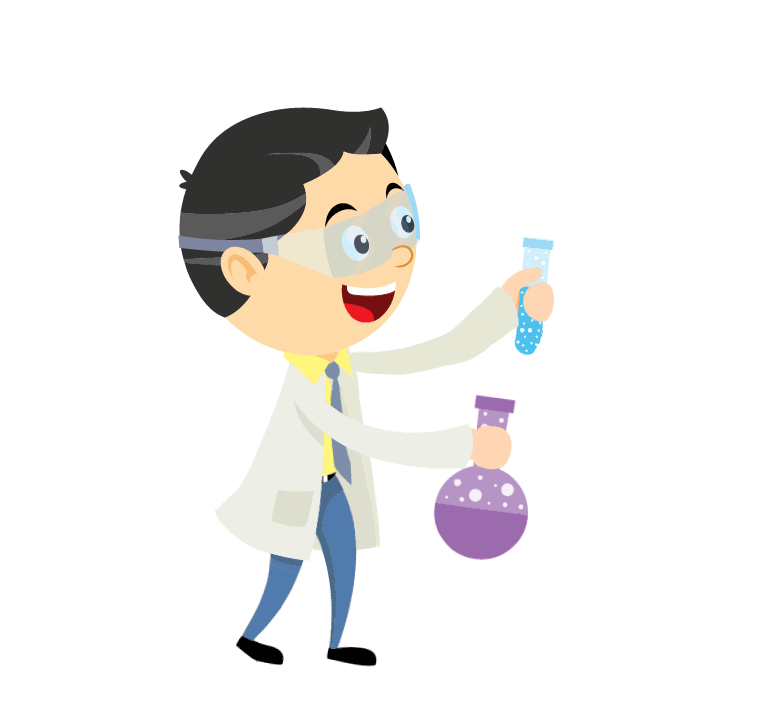

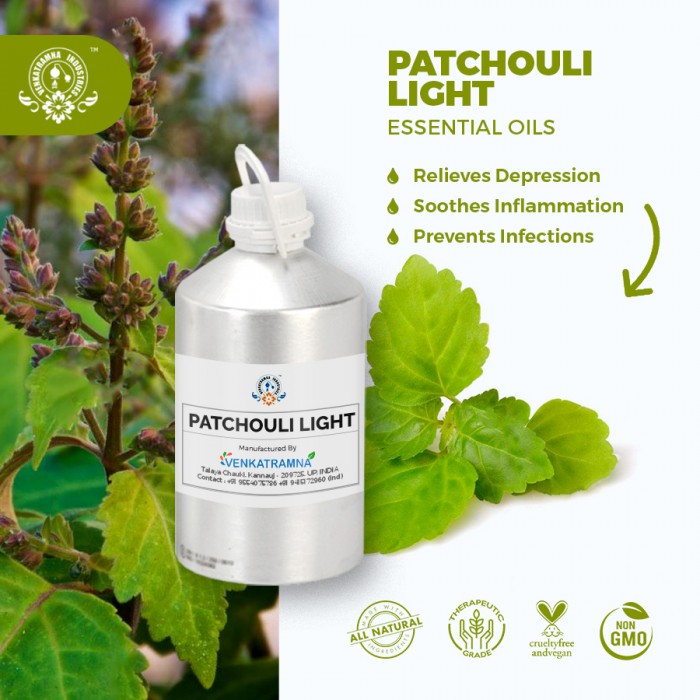
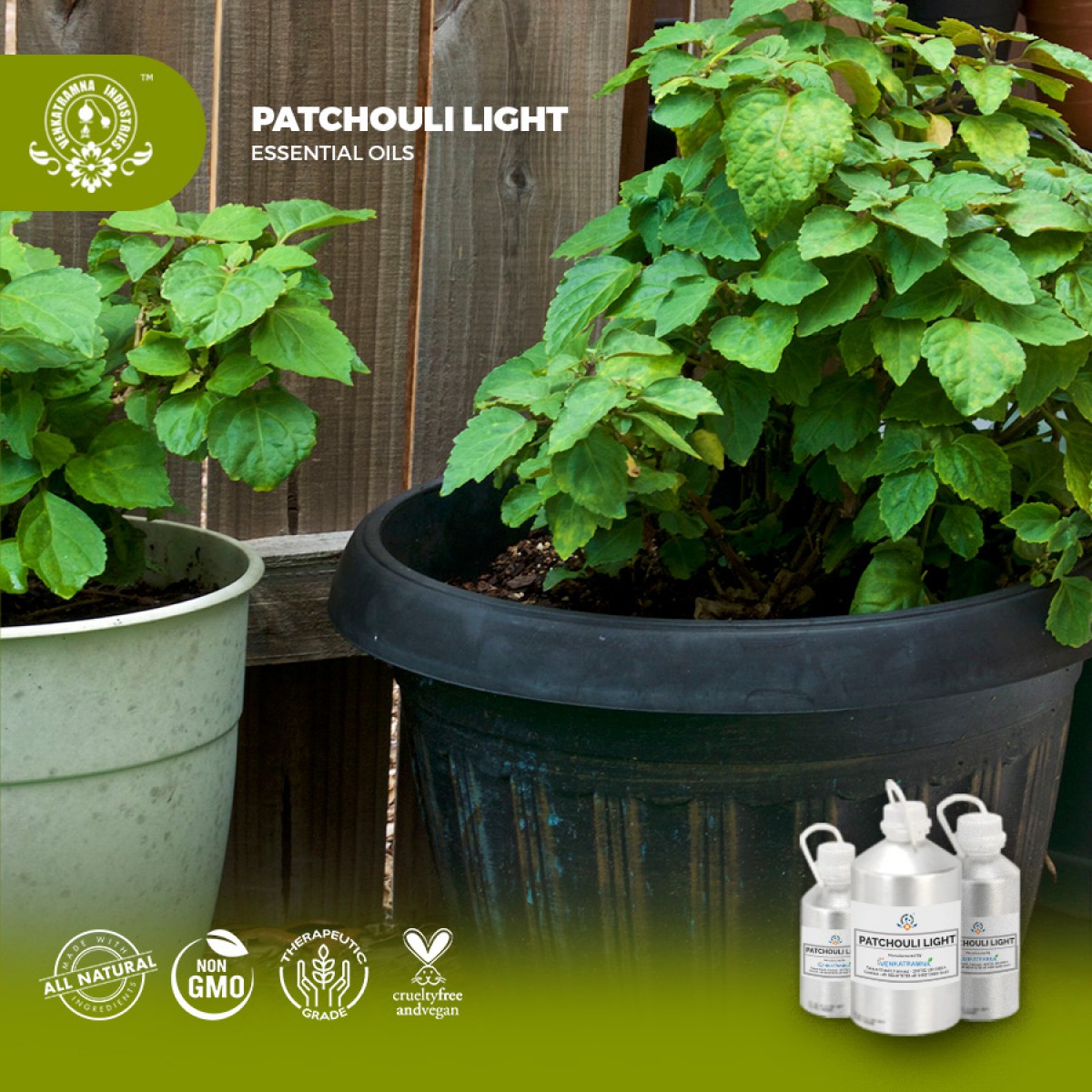
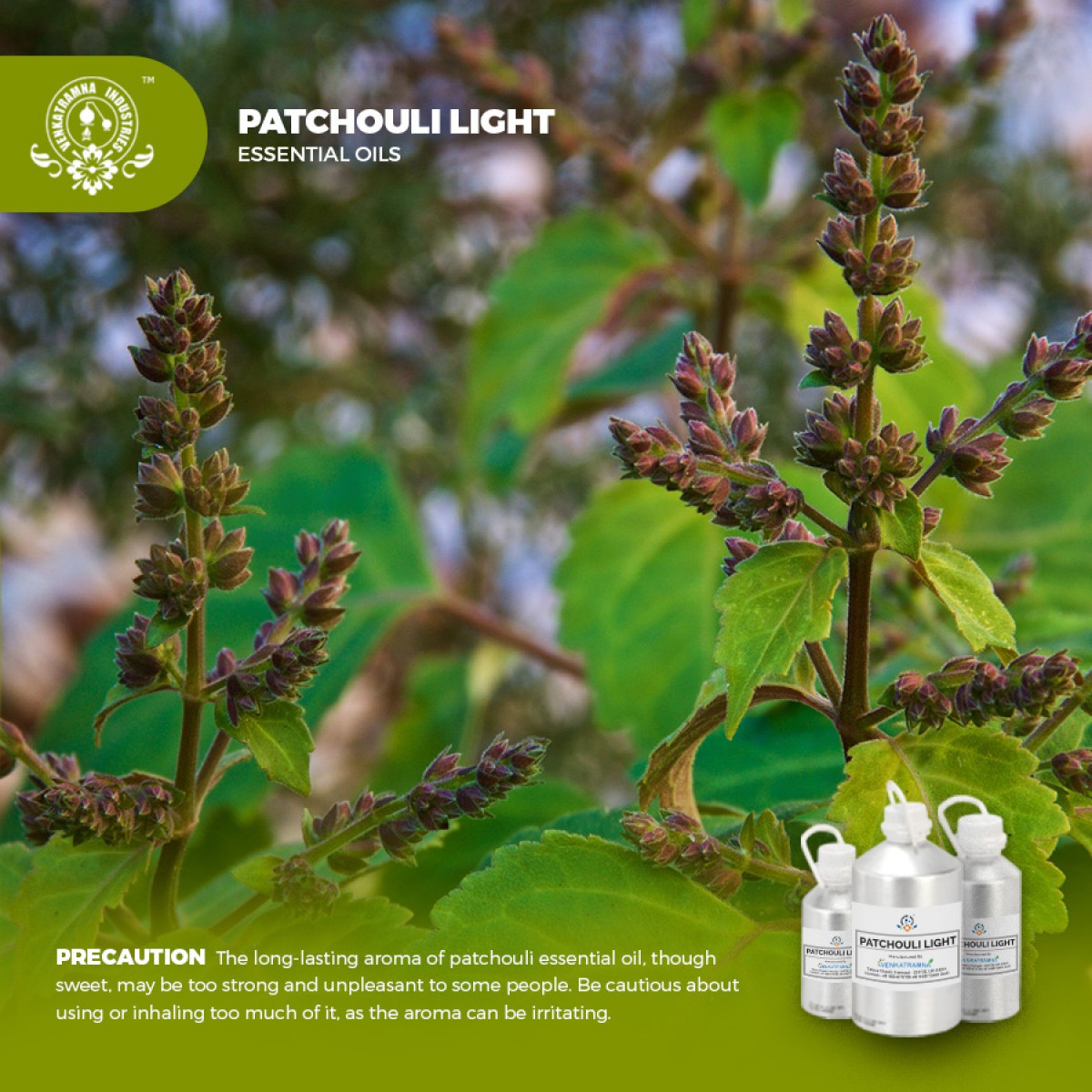
 MSDS-Patchouli2.pdf
MSDS-Patchouli2.pdf